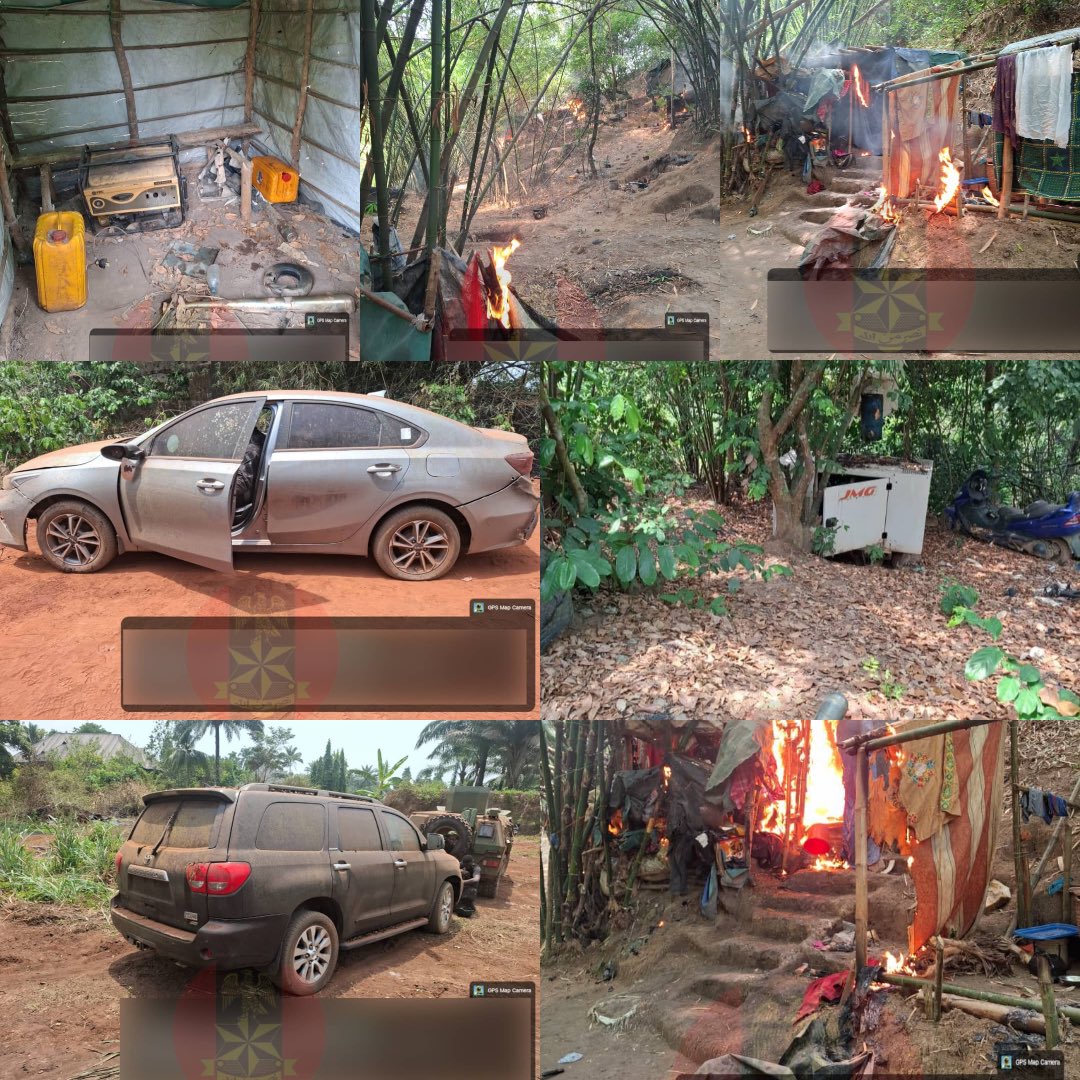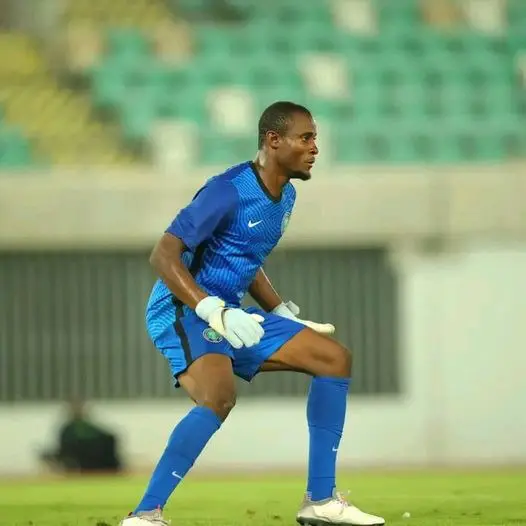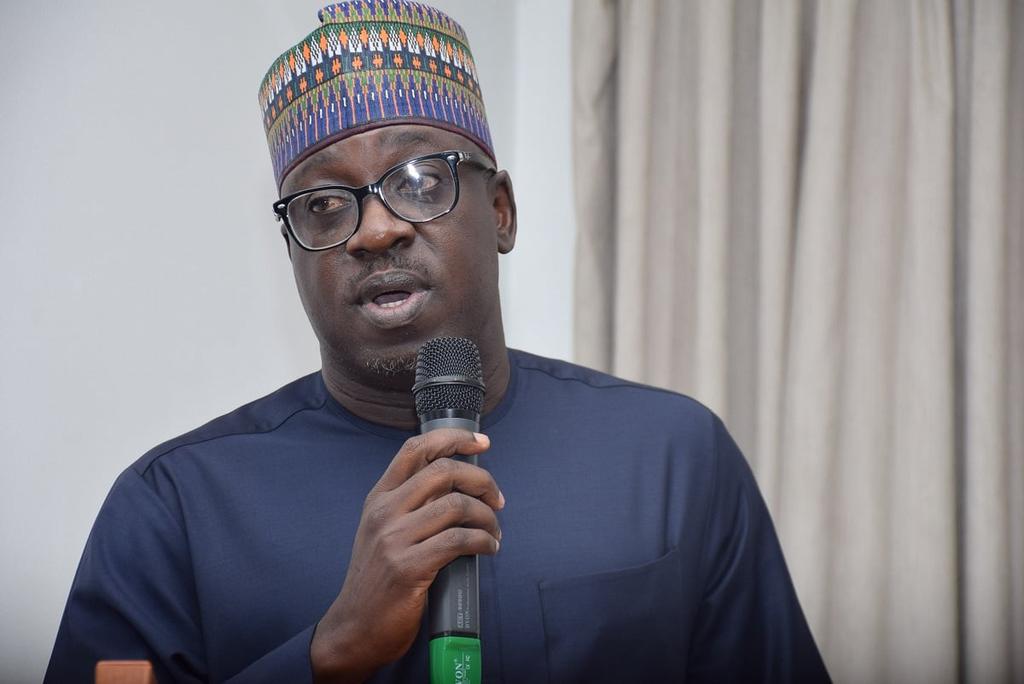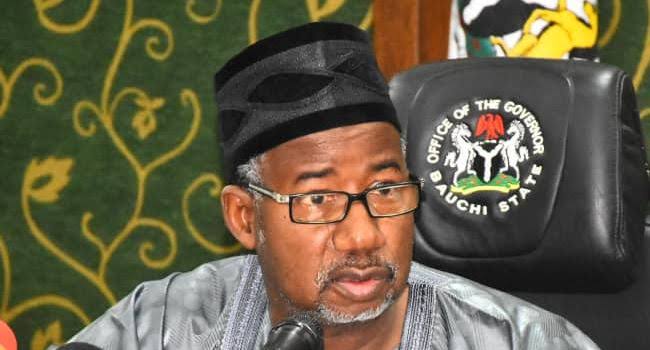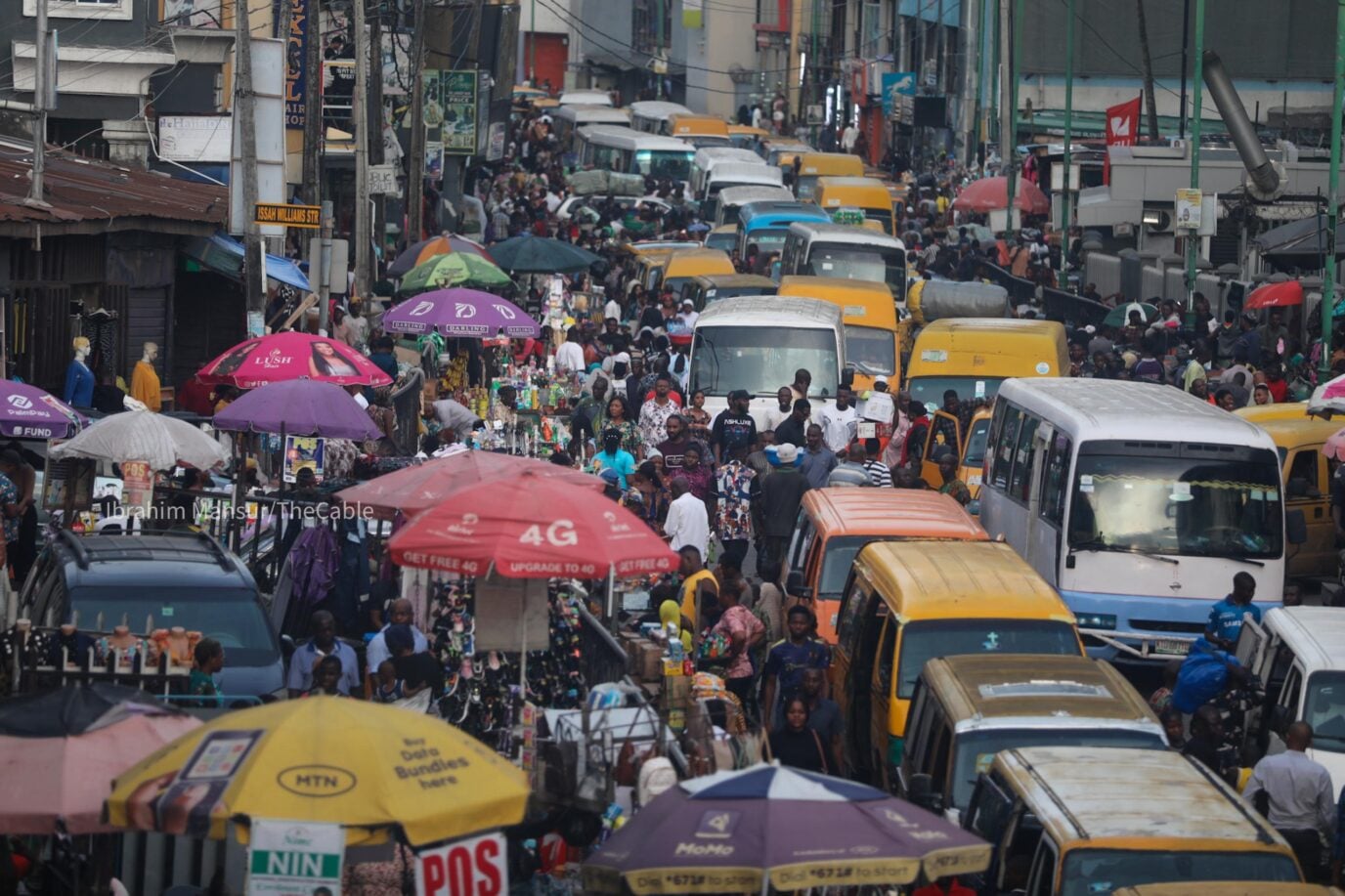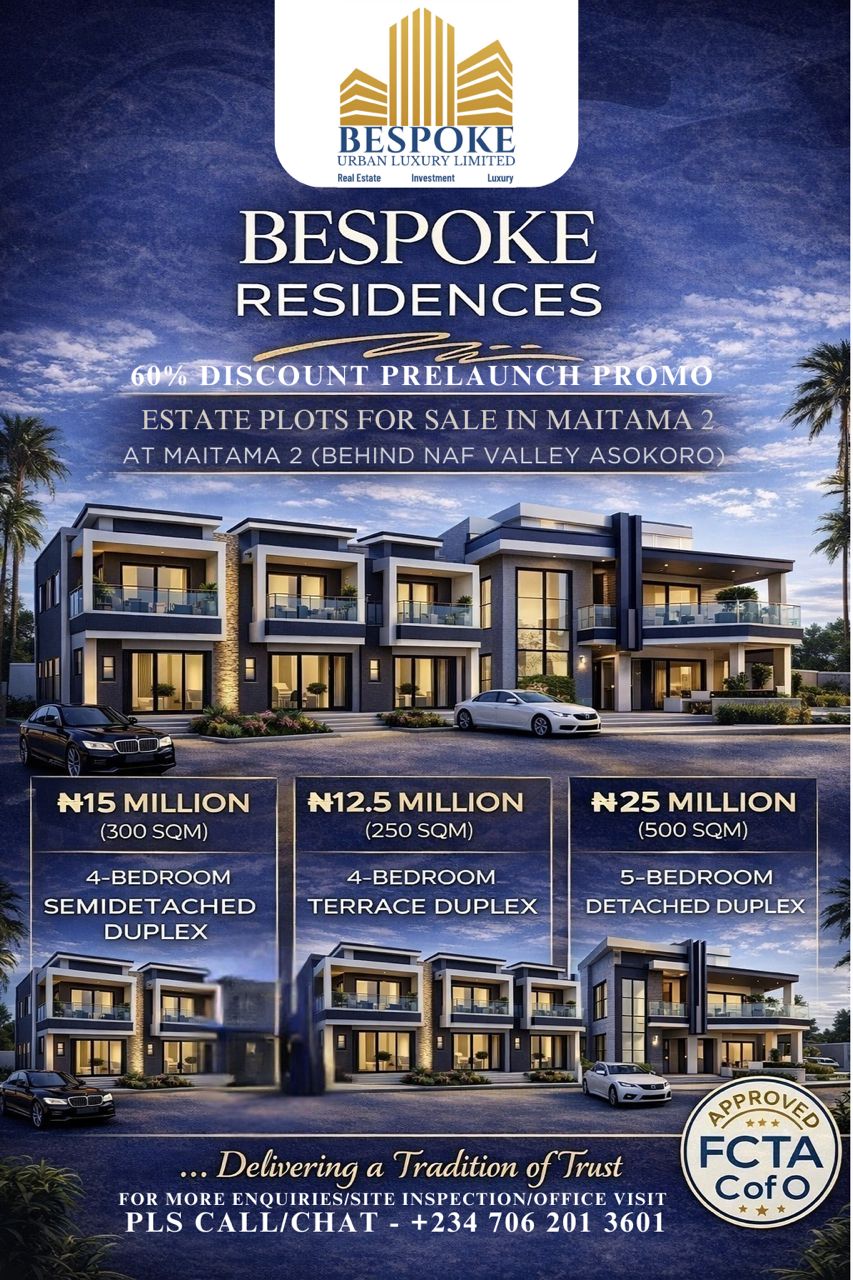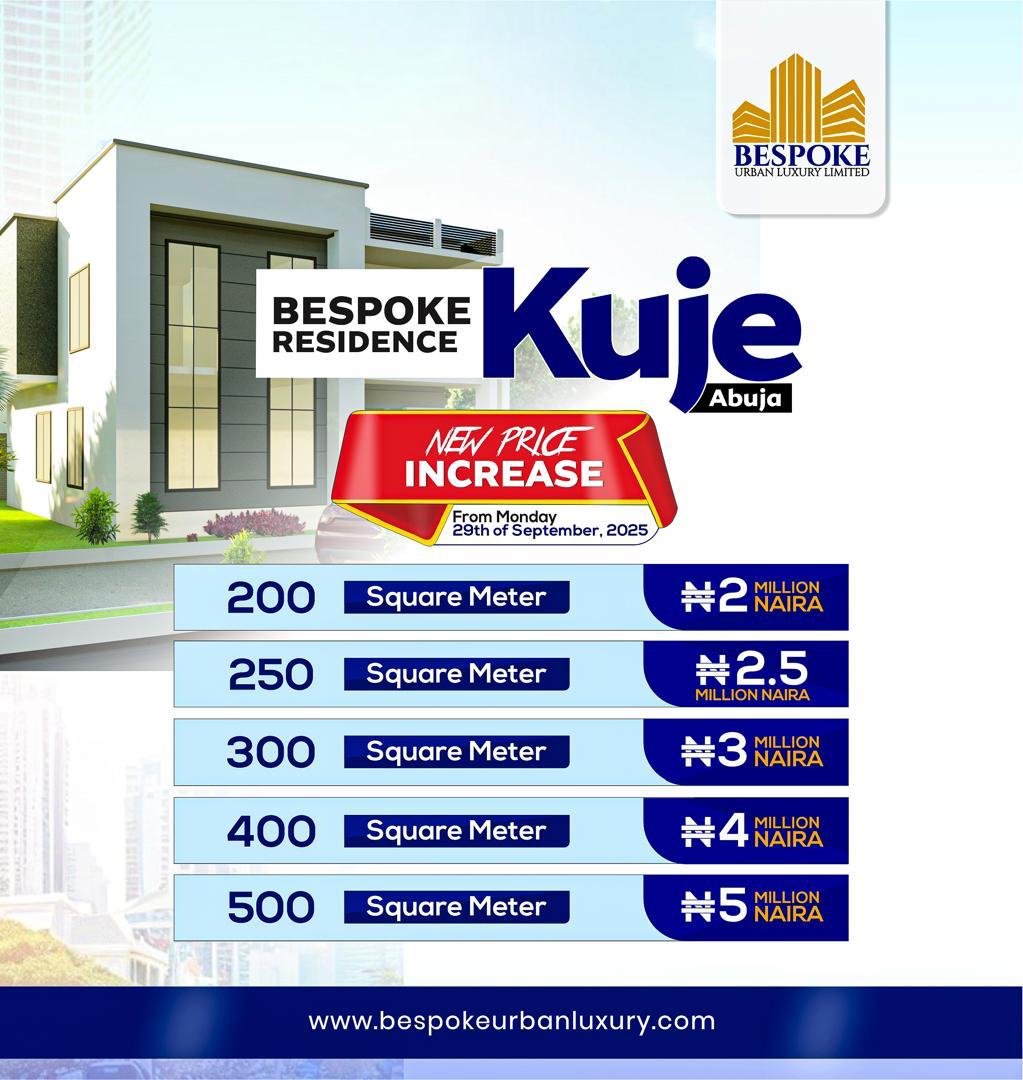Business
Lagos drives Nigeria’s Green building revolution ahead of COP30
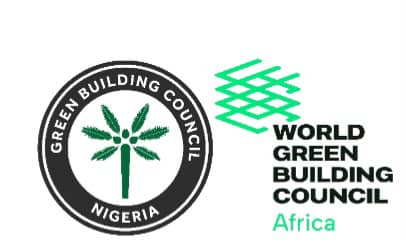
Lagos took centre stage last Tuesday as government leaders, industry innovators, development partners, academia, and civil society gathered at the Radisson Blu Anchorage for the Southwest Regional Workshop of the NDC Scorecard for Sustainable Buildings Project.
The high-level convening was organised by Green Building Council Nigeria (GBCN), in collaboration with the Lagos State Office of e-GIS and Urban Development, under the umbrella of the World Green Building Council’s global “Be Bold on Buildings” campaign — a call to put buildings and cities at the heart of climate action in the lead-up to COP30.
Nigeria is one of five countries participating in this international initiative, alongside Brazil, Colombia, Egypt, and the Philippines. The Scorecard project is designed to catalyse greater ambition in the buildings sector by helping countries align their policy frameworks, regulations, finance mechanisms, and delivery pathways with national climate goals — ensuring that the built environment becomes a driver of sustainable development and resilience..
Following four national workshops and technical consultations across 14 states and the FCT, a broad coalition of stakeholders — including government, industry, academia, civil society, and development partners — co-developed an Action Plan for Strengthening Decarbonization and Resilience in Nigeria’s Built Environment, facilitated by GBCN. The Lagos workshop marked the first in a series of regional dialogues aimed at translating the Action Plan into a subnational context and exploring practical next steps.
Spotlight on Lagos Leadership
“Lagos has long been at the forefront of green building reforms,” said Mr Segun Williams, Senior Special Assistant to the Governor on Urban Development, who delivered the keynote address on behalf of Dr Olajide Abiodun Babatunde, the Special Adviser to the Governor on eGIS & Urban Development. “This dialogue aligns with our commitment to supporting the adoption of sustainable development, green energy, and green building practices in Lagos.”
In a packed program featuring stakeholder responses, an interactive fireside chat, and a peer-learning session, participants reflected on local priorities, opportunities, and barriers to implementation. Sector representatives also shared lessons from their own green building journeys — from curriculum reforms and R&D to resilient infrastructure and low-carbon materials.
“We’re seeing strong alignment on key issues — codes, finance, and data,” said Arc. Sangeetha Ramaraj, Technical & Innovation Officer at GBCN. “But there are still enforcement gaps, fragmented responsibilities, and a major need for subnational translation of national policies. This workshop helps surface these realities and chart a way forward.”
Cross-Sector Insights
Participants included officials from the Lagos Ministries of Housing, Environment and Water Resources, the Office of e-GIS and Urban Development, and the State Resilience Office. Other attendees represented professional bodies, private sector players like Lafarge, research institutions like the University of Lagos, and subnational actors such as the Osun State Ministry of Lands and Physical Planning.
“We are working closely with our Ministry of Environment to mainstream resilience into planning processes,” said Tpl. Mojisola Jacob Clara from the Osun State Ministry of Lands and Physical Planning. “We’re also fostering inter-ministerial collaboration through joint workshops and shared implementation frameworks.”
These cross-sectoral insights underscored a core theme of the day: implementation will require integrated action from all fronts — government, finance, academia, civil society, and the private sector.
“We’ve started revising our curricula to introduce green construction principles across all levels,” said Dr Olatunji Oladiran, a senior academic from the University of Lagos. “This helps future-proof our graduates and positions academia as an engine of implementation.”
The workshop concluded with a clear call: Nigeria’s climate ambitions cannot succeed without integrated action across federal and state governments, finance institutions, academia, civil society, and the private sector.
“We had over 45 actionable takeaways,” said Arc. Omoyemi Olayiwola, Director of Research & Innovation at GBCN. “But the bigger takeaway is that we need measurable impact, not just policies on paper. That’s what the Scorecard and this next phase of engagement are all about.”
Next Steps and Global Connections
Global Connections
Looking ahead, the NDC Scorecard Project will host additional regional workshops — including in the North-Central and South-South zones — to build momentum, strengthen policy reform, and embed sustainability at the heart of Nigeria’s urban future. These subnational dialogues also connect to the global Be Bold on Buildings campaign in the lead-up to COP30, where the buildings and construction sector — responsible for nearly 40% of global energy-related emissions — must move to centre stage in climate planning.
“We are proud to be part of the global Be Bold on Buildings campaign,” said Danjuma Waniko, President of GBCN. “This is Nigeria’s opportunity to lead by example in Africa—and ensure buildings are no longer part of the problem, but central to the solution.”
For Media Enquiries:
[email protected]
www.gbcn.org.ng
Download the Action Plan: tinyurl.com/ndcssb-actionplan-summary
Learn more about the Scorecard Project:
#BeBoldOnBuildings | #BuildingToCOP30 | #SustainableBuildings | #ClimateActionNigeria
-
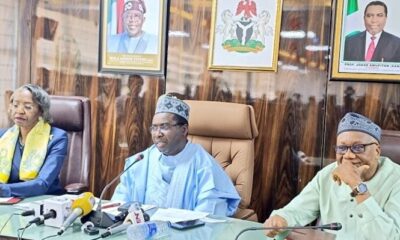
 National News2 days ago
National News2 days agoBREAKING: INEC announces new 2027 election timetable, Presidential poll to hold January 16
-
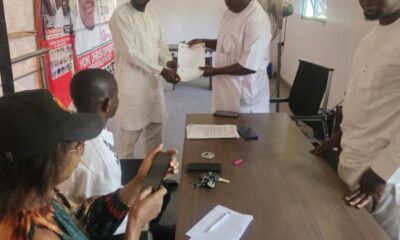
 News2 days ago
News2 days agoBREAKING: AMAC Chairman-Elect Maikalangu donates borehole to NUJ FCT
-

 News1 day ago
News1 day agoCourt affirms PDP convention that produced Turaki as Chairman
-
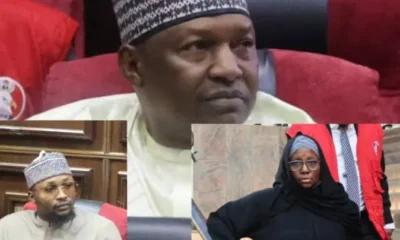
 News1 day ago
News1 day agoCourt grants Malami, son N200m bail over terrorism charges
-
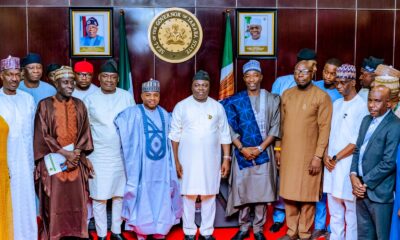
 News2 days ago
News2 days agoNSITF, Taraba partner to strengthen workers’ compensation scheme
-
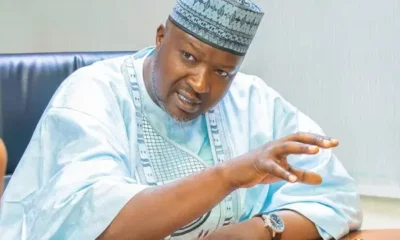
 News2 days ago
News2 days agoSenate urges Tinubu to sack CAC Registrar-General Magaji
-
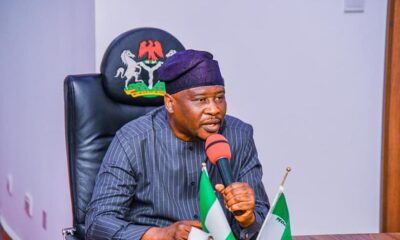
 News1 day ago
News1 day agoJUST-IN: Gov Fintiri officially joins APC
-
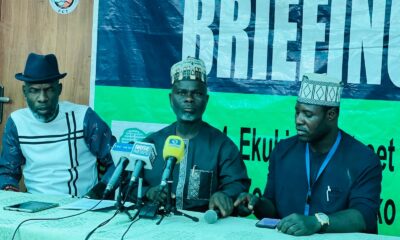
 FCT News1 day ago
FCT News1 day agoGroup hails Maikalangu’s re-election, appraises conduct of FCT Area Council polls



